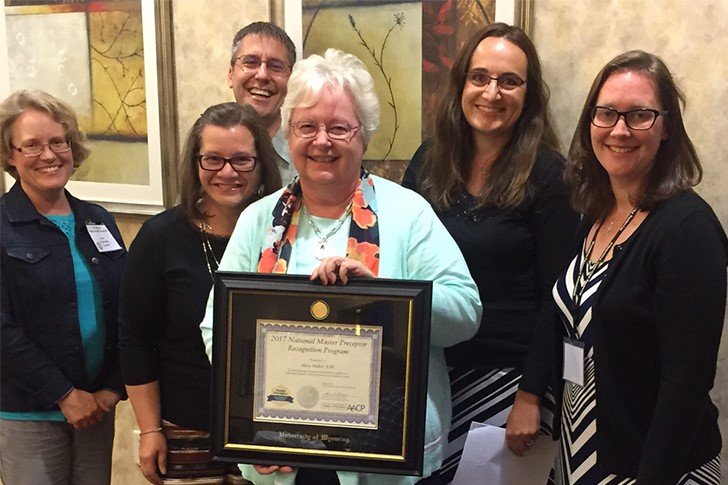Meet your pharmacist, Dr. Mary Walker! Growing up in a family who owned a community pharmacy, her high school friend asked, “What is keeping you from trying pharmacy?” Tapping into her early passion for science and math, Dr. Walker enrolled in pharmacy school and discovered that the classes were varied and interesting—and she’s never been bored since.
Read our full interview with Dr. Walker below:
Describe the most rewarding day of your career.
I should say my most rewarding day was the day I was surprised by my peers with the Bowl of Hygeia Award (Pharm4Me note: This is the most widely recognized international symbol for the pharmacy profession and considered one of the profession’s most prestigious awards.) But actually, I enjoyed having someone give me advice for saving a sick cat’s life (feed it sips of Pedialyte). Or discovering my Grandmother’s craving for ice was a sign of low iron and getting her help. Or seeing a former student become Dean of a School of Pharmacy. Or having my son tell me I was a role model for professional women…or many other moments.
What do you love most about your job?
I know that I make a difference and I have never been bored. It is a constant challenge to learn about new drugs, therapies, and regulatory issues.
What mos attracted you to pharmacy over other health professions?
I could use my science and math background along with my desire to interact with people. The classes were varied and interesting, and so has been the career.
What do you wish someone told you in high school?
If you don’t know what your passion is, try something new. You can always change paths later, and pharmacy has many different paths. Go to school as long as you can—a PharmD or an MBA or a dual degree or a residency gives opportunity.
What’s the best advice you were given as a student?
My cousin told me, “Don’t study so hard that you miss your true education in college.” There is much more to learn than what is taught in class and some of those experiences make a big difference in life.
What does your work/life balance look like?
In acute care you cover all holidays, weekends, and shifts. We made it as fair as possible through scheduling. Now I am an 8 to 5 Monday through Friday worker with holidays and most weekends off. I have routinely worked 50 to 60 hours a week no matter where I practiced. My family is very supportive and we all made compromises. I worked part time when my children were little and earned as much money as my full-time friends who were secretaries or teachers. My husband spent a lot of time with the children, which was good for all of them.
What do you believe to be the biggest misconception about the field of pharmacy and how have you worked around it?
I have been called “milk shake maker” and “over educated count and pour person,” rather than being recognized as an expert and very professional practitioner. After I explained attending traumas, code blues, premature births, and what a pharmacist contributes in saving lives, I am usually able to regain respect. As a female in the 1970’s I sometimes had to put the phone down and answer it again in a different voice to get past the, “I want to speak with the pharmacist, you know, the man.” Now that women outnumber men in pharmacy schools, it makes me smile.
You’ve had a successful pharmacy career. What makes your career path unique?
I was an Acute Care Pharmacist for over 30 years in small and medium sized hospitals. For over two years I was the Quality Improvement Coordinator as well–which taught me life-long skills in evaluating and changing processes. After 20 years as a Director of Pharmacy in a 200-bed hospital, I was appointed to the state board of pharmacy. After three years as a board member, I applied for and was hired as the Executive Director.



